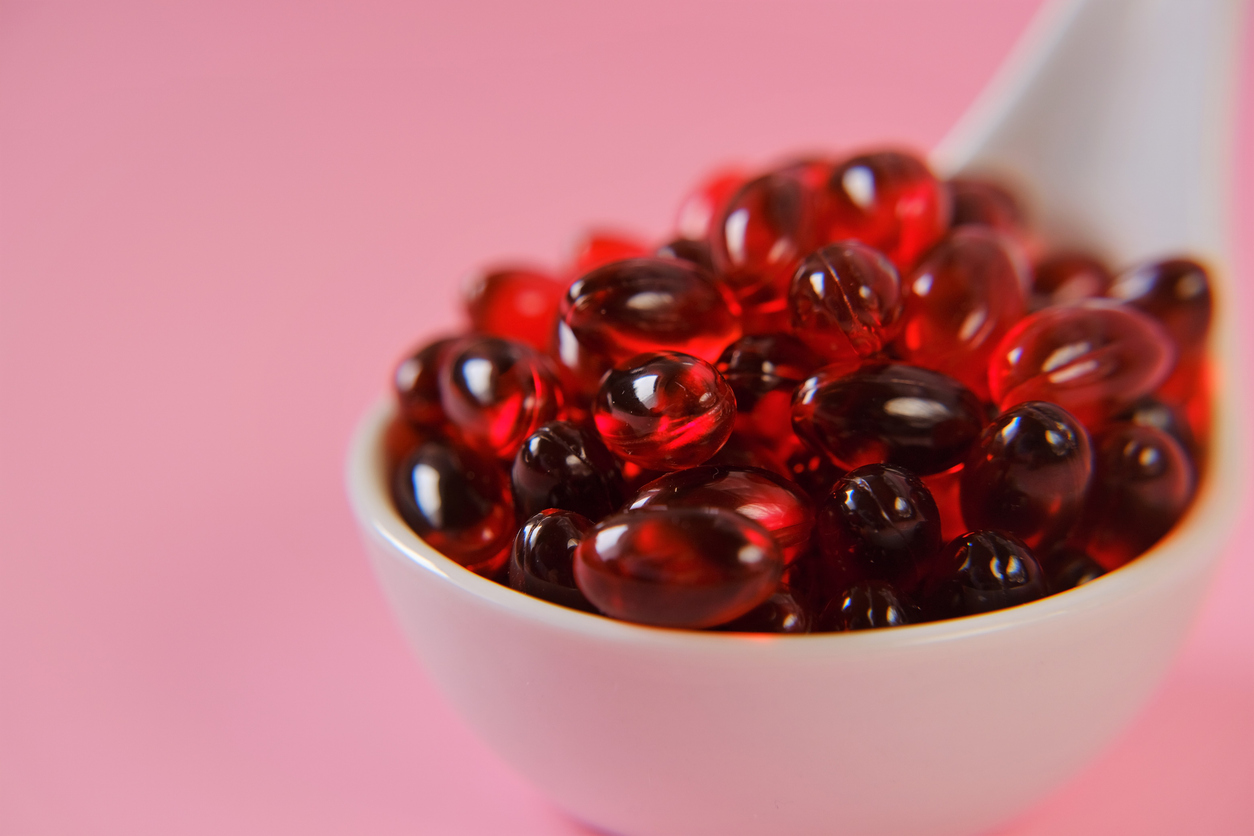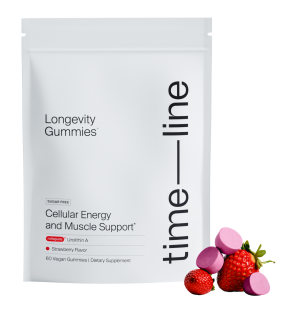Last week, I highlighted the American Heart Association’s misguided stance on saturated fats and vegetable oils. The focus of this week’s article is on the more critical risk factors for heart disease.
Let’s talk inflammation. We know for a fact that those with diabetes, pre-diabetes, and metabolic syndrome progress to coronary artery disease as much as 70 percent faster than individuals without diabetes. High blood sugar and insulin levels create inflammation, especially in arteries. The high-carb diet associated with these conditions causes LDL cholesterol particles to become small, dense, and more atherogenic. This is much more indicative of health outcomes than the amount of LDL circulating. We want big, fluffy, “pattern A” LDL particles, not “pattern B.”
But there’s more to the story according to Joseph Pizzorno ND, as described in his article in Integrative Medicine (Vol 13;3:2014):
LDL becomes very problematic when it’s oxidized and inflammation is the cause of it. Oxidized LDL (oxLDL) is directly involved in the atherosclerotic lesions in coronary arteries that result in cardiovascular disease. It is also associated with angina, accelerated atherosclerosis and heart attack.
Interestingly, elevated oxLDL is associated with insulin resistance, metabolic syndrome, and untreated hypothyroidism. You can imagine, then, that getting these conditions under control can help reduce the oxidation of LDL cholesterol.
Polyunsaturated vegetable oils are a promoter of oxLDL because they’re volatile and become rancid quickly. It is my sincere hope that the American Heart Association will one day stop encouraging the intake of proinflammatory vegetable oils as a replacement for healthy saturated fats.
Other contributors to oxLDL are elevated homocysteine and hs-CRP, both markers of inflammation. High homocysteine is an independent risk factor for cardiovascular disease, stroke, dementia, and bone fracture. It can be successfully treated with vitamins B6, B12, folate, and trimethylglycine. Those with very high homocysteine levels may need additional nutritional support with SAM-e.
Lipoprotein (a) has been found to be a greater risk factor for coronary artery disease than plain old LDL cholesterol. While it’s mostly determined by genetics, it’s been shown that diet has a slight impact on lowering Lp(a). You can read more about it here.
Excessive alcohol intake is a “mitochondrial poison” according to Dr. Pizzorno, and it also raises triglycerides, an independent risk factor for heart disease. A high-refined carbohydrate diet will do the same.
Exposure to toxic metals such as lead, mercury, arsenic, and cadmium, and PCBs (polychlorinated biphenyls) oxidize LDL and are associated with carotid artery plaques. This is why it’s important to eat organic as often as possible and choose low-mercury seafood. A useful website is GotMercury.org.
Make sure to get some good quality antioxidants like vitamins C and E, garlic, and eat plenty of colorful vegetables and some dark-colored fruits. CoQ10 is shown to reduce LDL oxidation in humans and taking NAC will help boost glutathione levels—your master endogenous antioxidant.
To your health!
Leyla Muedin, MS, RD, CDN







